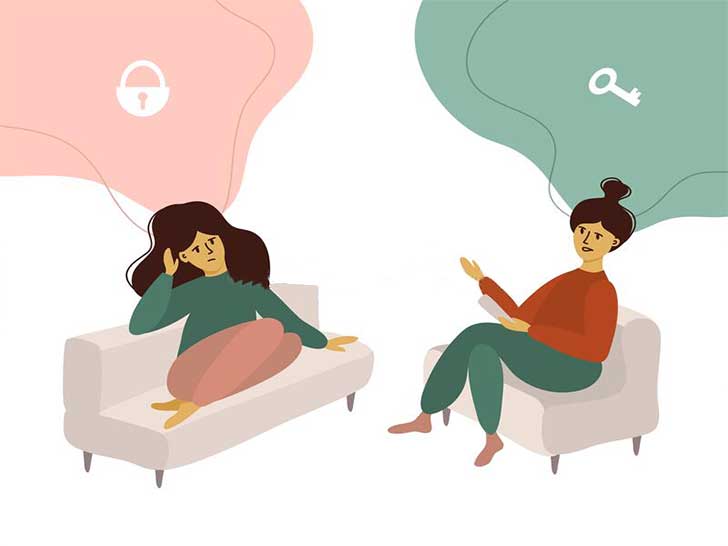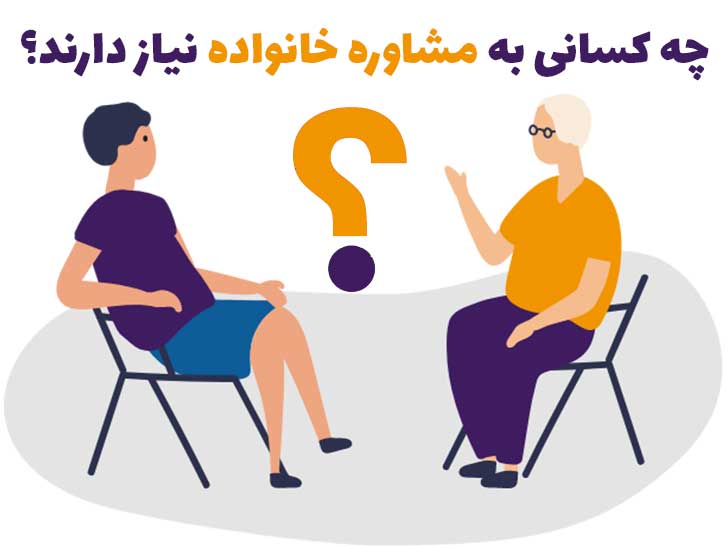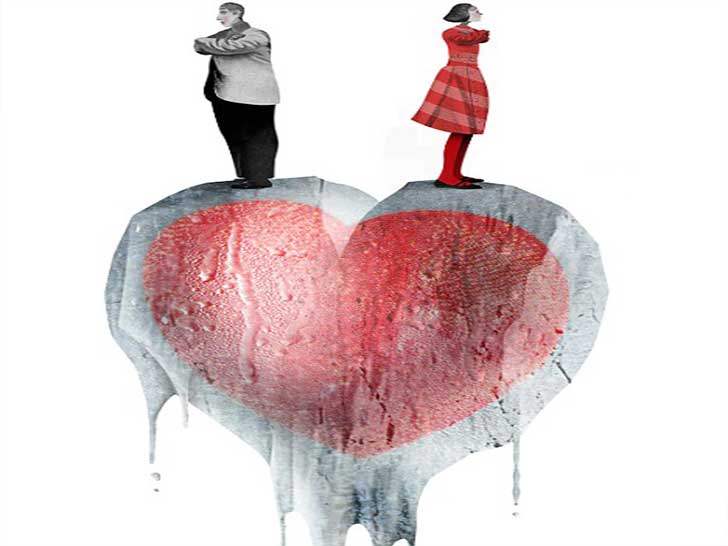اخبار روانشناسی ندای مهر
|
LIKE ME
|
UNLIKE ME
|
|
0
|
1
|
|
||||||||||||||||||||||||||||||||||||||||||||||||||||||||||||||||||||||||||||||||||||||||||||||||||||||||||||||||||||||||||||||||||||||||||||||||||||||||||||||||||||||||||||||||||||||||||||||||||||||||||||||||||||||||||||||||||||||||||||||||||||
|
Strongly Disagree
|
Disagree
|
Disagree Somewhat
|
Neutral
|
Agree Somewhat
|
Agree
|
Strongly Agree
|
||
|
1.
|
When I think I look attractive‚ I feel good about myself.
|
1
|
2
|
3
|
4
|
5
|
6
|
7
|
|
2.
|
My self-worth is based on God’s love.
|
1
|
2
|
3
|
4
|
5
|
6
|
7
|
|
3.
|
I feel worthwhile when I perform better than others on a task or skill.
|
1
|
2
|
3
|
4
|
5
|
6
|
7
|
|
4.
|
My self-esteem is unrelated to how I feel about the way my body looks.
|
1
|
2
|
3
|
4
|
5
|
6
|
7
|
|
5.
|
Doing something I know is wrong makes me lose my self-respect.
|
1
|
2
|
3
|
4
|
5
|
6
|
7
|
|
6.
|
I don’t care if other people have a negative opinion about me.
|
1
|
2
|
3
|
4
|
5
|
6
|
7
|
|
7.
|
Knowing that my family members love me makes me feel good about myself.
|
1
|
2
|
3
|
4
|
5
|
6
|
7
|
|
8.
|
I feel worthwhile when I have God’s love.
|
1
|
2
|
3
|
4
|
5
|
6
|
7
|
|
9.
|
I can’t respect myself if others don’t respect me.
|
1
|
2
|
3
|
4
|
5
|
6
|
7
|
|
10.
|
My self-worth is not influenced by the quality of my relationships with my family members.
|
1
|
2
|
3
|
4
|
5
|
6
|
7
|
|
11.
|
Whenever I follow my moral principles‚ my sense of self-respect gets a boost.
|
1
|
2
|
3
|
4
|
5
|
6
|
7
|
|
12.
|
Knowing that I am better than others on a task raises my self-esteem.
|
1
|
2
|
3
|
4
|
5
|
6
|
7
|
|
13.
|
My opinion about myself isn’t tied to how well I do in school.
|
1
|
2
|
3
|
4
|
5
|
6
|
7
|
|
14.
|
I couldn’t respect myself if I didn’t live up to a moral code.
|
1
|
2
|
3
|
4
|
5
|
6
|
7
|
|
15.
|
I don’t care what other people think of me.
|
1
|
2
|
3
|
4
|
5
|
6
|
7
|
|
16.
|
When my family members are proud of me‚ my sense of self-worth increases.
|
1
|
2
|
3
|
4
|
5
|
6
|
7
|
|
17.
|
My self-esteem is influenced by how attractive I think my face or facial features are.
|
1
|
2
|
3
|
4
|
5
|
6
|
7
|
|
18.
|
My self-esteem would suffer if I didn’t have God’s love.
|
1
|
2
|
3
|
4
|
5
|
6
|
7
|
|
19.
|
Doing well in school gives me a sense of self-respect.
|
1
|
2
|
3
|
4
|
5
|
6
|
7
|
|
20.
|
Doing better than others gives me a sense of self-respect.
|
1
|
2
|
3
|
4
|
5
|
6
|
7
|
|
21.
|
My sense of self-worth suffers whenever I think I don’t look good.
|
1
|
2
|
3
|
4
|
5
|
6
|
7
|
|
22.
|
I feel better about myself when I know I’m doing well academically.
|
1
|
2
|
3
|
4
|
5
|
6
|
7
|
|
23.
|
What others think of me has no effect on what I think about myself.
|
1
|
2
|
3
|
4
|
5
|
6
|
7
|
|
24.
|
When I don’t feel loved by my family‚ my self-esteem goes down.
|
1
|
2
|
3
|
4
|
5
|
6
|
7
|
|
25.
|
My self-worth is affected by how well I do when I am competing with others.
|
1
|
2
|
3
|
4
|
5
|
6
|
7
|
|
26.
|
My self-esteem goes up when I feel that God loves me.
|
1
|
2
|
3
|
4
|
5
|
6
|
7
|
|
27.
|
My self-esteem is influenced by my academic performance.
|
1
|
2
|
3
|
4
|
5
|
6
|
7
|
|
28.
|
My self-esteem would suffer if I did something unethical.
|
1
|
2
|
3
|
4
|
5
|
6
|
7
|
|
29.
|
It is important to my self-respect that I have a family that cares about me.
|
1
|
2
|
3
|
4
|
5
|
6
|
7
|
|
30.
|
My self-esteem does not depend on whether or not I feel attractive.
|
1
|
2
|
3
|
4
|
5
|
6
|
7
|
|
31.
|
When I think that I’m disobeying God‚ I feel bad about myself.
|
1
|
2
|
3
|
4
|
5
|
6
|
7
|
|
32.
|
My self-worth is influenced by how well I do on competitive tasks.
|
1
|
2
|
3
|
4
|
5
|
6
|
7
|
|
33.
|
I feel bad about myself whenever my academic performance is lacking.
|
1
|
2
|
3
|
4
|
5
|
6
|
7
|
|
34.
|
My self-esteem depends on whether or not I follow my moral/ethical principles.
|
1
|
2
|
3
|
4
|
5
|
6
|
7
|
|
35.
|
My self-esteem depends on the opinions others hold of me.
|
1
|
2
|
3
|
4
|
5
|
6
|
7
|
|
In the past week‚ in the area of friendships‚ how much did you want or try to:
|
Not at All
|
A little
|
Somewhat
|
A lot
|
Extremely
|
|
|
1.
|
avoid doing things that aren’t helpful to me or others
|
1
|
2
|
3
|
4
|
5
|
|
2.
|
avoid the possibility of being wrong
|
1
|
2
|
3
|
4
|
5
|
|
3.
|
get others to recognize or acknowledge your positive qualities
|
1
|
2
|
3
|
4
|
5
|
|
4.
|
avoid being selfish or self-centered
|
1
|
2
|
3
|
4
|
5
|
|
5.
|
have compassion for others’ mistakes and weaknesses
|
1
|
2
|
3
|
4
|
5
|
|
6.
|
avoid being rejected by others
|
1
|
2
|
3
|
4
|
5
|
|
7.
|
avoid taking risks or making mistakes
|
1
|
2
|
3
|
4
|
5
|
|
8.
|
be constructive in your comments to others
|
1
|
2
|
3
|
4
|
5
|
|
9.
|
avoid showing your weaknesses
|
1
|
2
|
3
|
4
|
5
|
|
10.
|
avoid doing anything that would be harmful to others
|
1
|
2
|
3
|
4
|
5
|
|
11.
|
be supportive of others
|
1
|
2
|
3
|
4
|
5
|
|
12.
|
make a positive difference in someone else’s life
|
1
|
2
|
3
|
4
|
5
|
|
13.
|
convince others that you are right
|
1
|
2
|
3
|
4
|
5
|
|
TODAY in my relationship with my roommate‚ I wanted / tried to . . .
|
Not at all
|
A little
|
Somewhat
|
A lot
|
Extremely
|
|
|
1.
|
Have compassion for my roommate's mistakes and weaknesses.
|
1
|
2
|
3
|
4
|
5
|
|
2.
|
Make a positive difference in my roommate's life.
|
1
|
2
|
3
|
4
|
5
|
|
3.
|
Avoid the possibility of being wrong.
|
1
|
2
|
3
|
4
|
5
|
|
4.
|
Be supportive of my roommate.
|
1
|
2
|
3
|
4
|
5
|
|
5.
|
Avoid neglecting my relationship with my roommate.
|
1
|
2
|
3
|
4
|
5
|
|
6.
|
Avoid being selfish or self-centered.
|
1
|
2
|
3
|
4
|
5
|
|
7.
|
Avoid doing things that aren't helpful to me or my roommate.
|
1
|
2
|
3
|
4
|
5
|
|
8.
|
Avoid showing my weaknesses.
|
1
|
2
|
3
|
4
|
5
|
|
9.
|
Be constructive in my comments to my roommate.
|
1
|
2
|
3
|
4
|
5
|
|
10.
|
Avoid doing anything that would be harmful to my roommate.
|
1
|
2
|
3
|
4
|
5
|
|
11.
|
Get my roommate to do things my way.
|
1
|
2
|
3
|
4
|
5
|
|
12.
|
Avoid being blamed or criticized.
|
1
|
2
|
3
|
4
|
5
|
|
13.
|
Be aware of the impact my behavior might have on my roommate's feelings.
|
1
|
2
|
3
|
4
|
5
|
|
14.
|
Demonstrate my intelligence.
|
1
|
2
|
3
|
4
|
5
|
|
15.
|
Convince my roommate that I am right.
|
1
|
2
|
3
|
4
|
5
|
|
16.
|
Avoid coming across as unintelligent or incompetent.
|
1
|
2
|
3
|
4
|
5
|
|
||||||||||||||||||||||||||||||||||||||||||||||||||||||||||||||||||||||||||||||||||||||||||||||||||||||||||||||||||||||||||||||||||||||||||||||||||||||||||||||||||||||||||||||||||||||||||||||||||||||||||||||||||||||||||||||||||||||||||||||||||||||||||||||||||||||||||||||||||||||||||||||||||||||||||||||||||
|
INSTRUCTIONS: We are all members of different social groups or social categories. Some of such social groups or categories pertain to gender‚ race‚ religion‚ nationality‚ ethnicity‚ and socioeconomic class. We would like you to consider your memberships in those particular groups or categories‚ and respond to the following statements on the basis of how you feel about those groups and your memberships in them. There are no right or wrong answers to any of these statements; we are interested in your honest reactions and opinions. Please read each statement carefully‚ and respond by using the following scale from 1 to 7:
سایت روان سنجی : مقیاس از دانشگاه ایالتی اوهایو با نشانی زیر اخذ شده است . جهت هرگونه بهره برداری پژوهشی و کسب اطلاعات بیشتر با همین نشانی ارتباط برقرار کنید.
CSE-R
INSTRUCTIONS: We are all members of different social groups or social categories. We would like you to consider your race or ethnicity (e.g.‚ African-American‚ Latino/Latina‚ Asian‚ European-American) in responding to the following statements. There are no right or wrong answers to any of these statements; we are interested in your honest reactions and opinions. Please read each statement carefully‚ and respond by using the following scale from
1 to 7:
|
Current Mood

-

8 باور اشتباه که برای زندگی مشترک شما خطرناک است
کارشناس ندای مهر (مشاوره خانواده) -

مشاور یا مشاوره خانواده خوب برای من کیست؟
کارشناس ندای مهر (مشاوره خانواده) -

چه کسانی به مشاوره خانواده نیاز دارند؟
کارشناس ندای مهر (مشاوره خانواده) -

از دید مشاور ازدواج علت سرد شدن رابطه زوج قبل از مراسم ازدواج چیست؟
کارشناس ندای مهر (مشاوره ازدواج) -

مزایا و فایده مشاوره خانواده برای من چیست؟
کارشناس ندای مهر (مشاوره خانواده)





